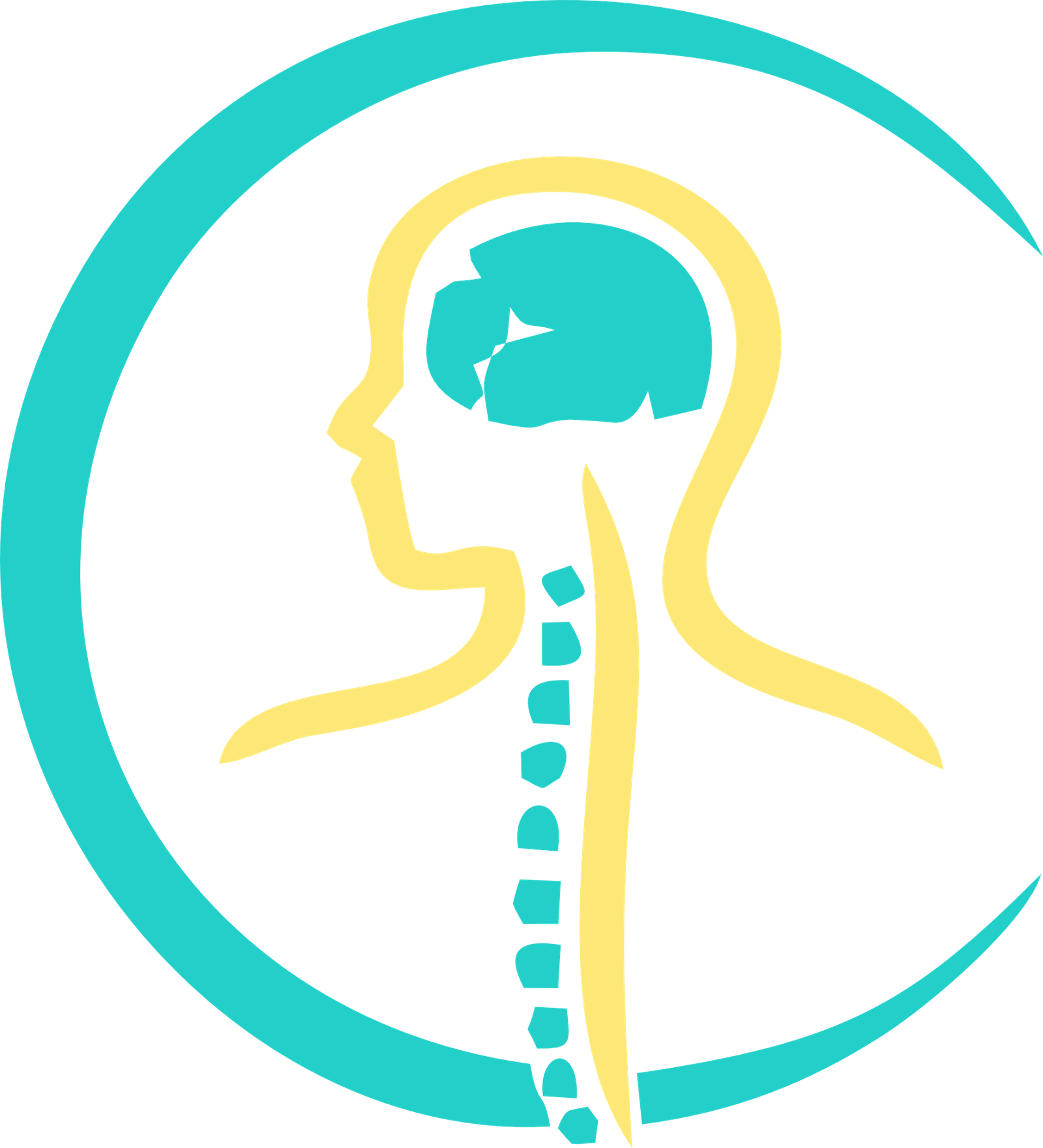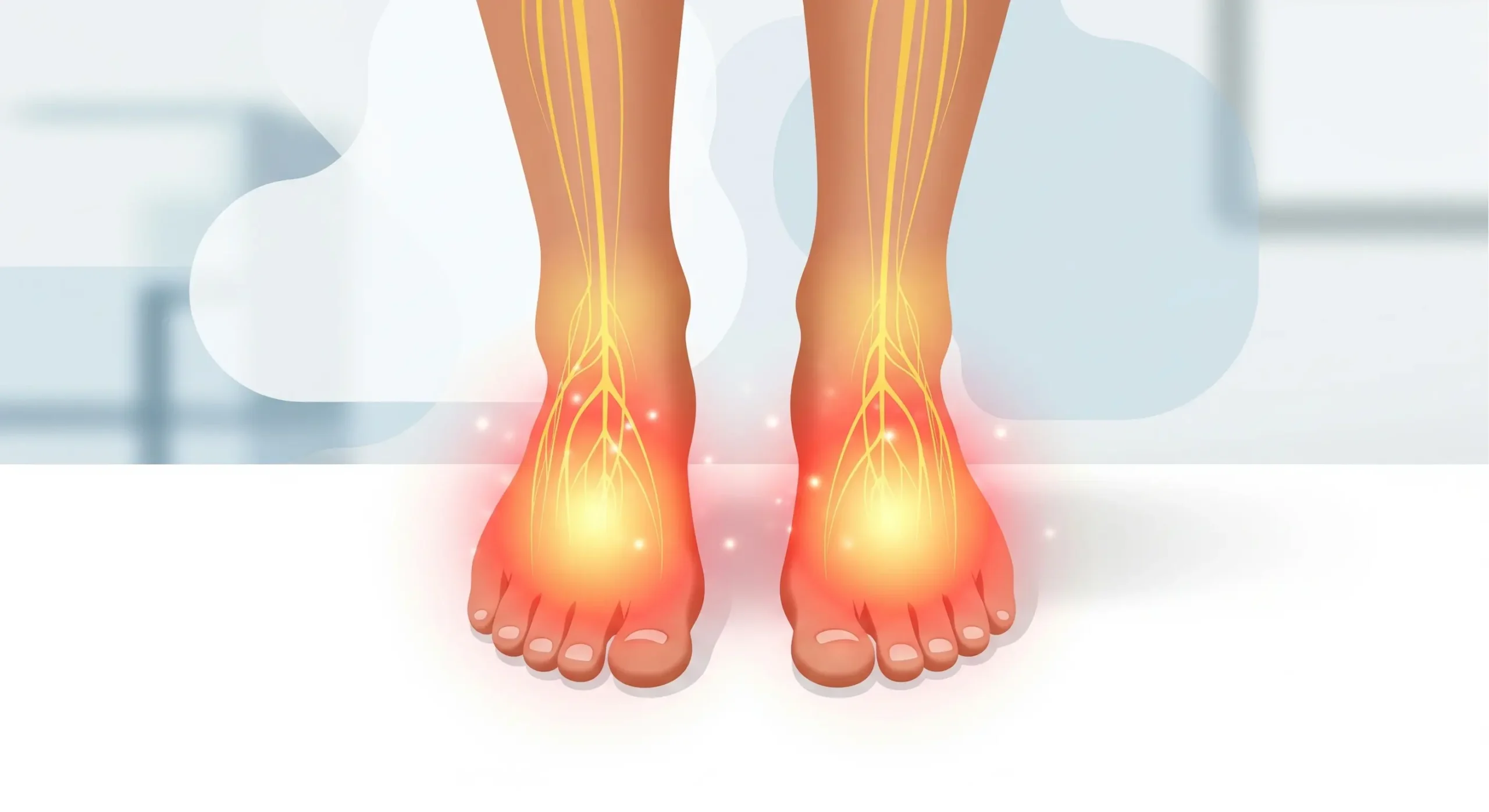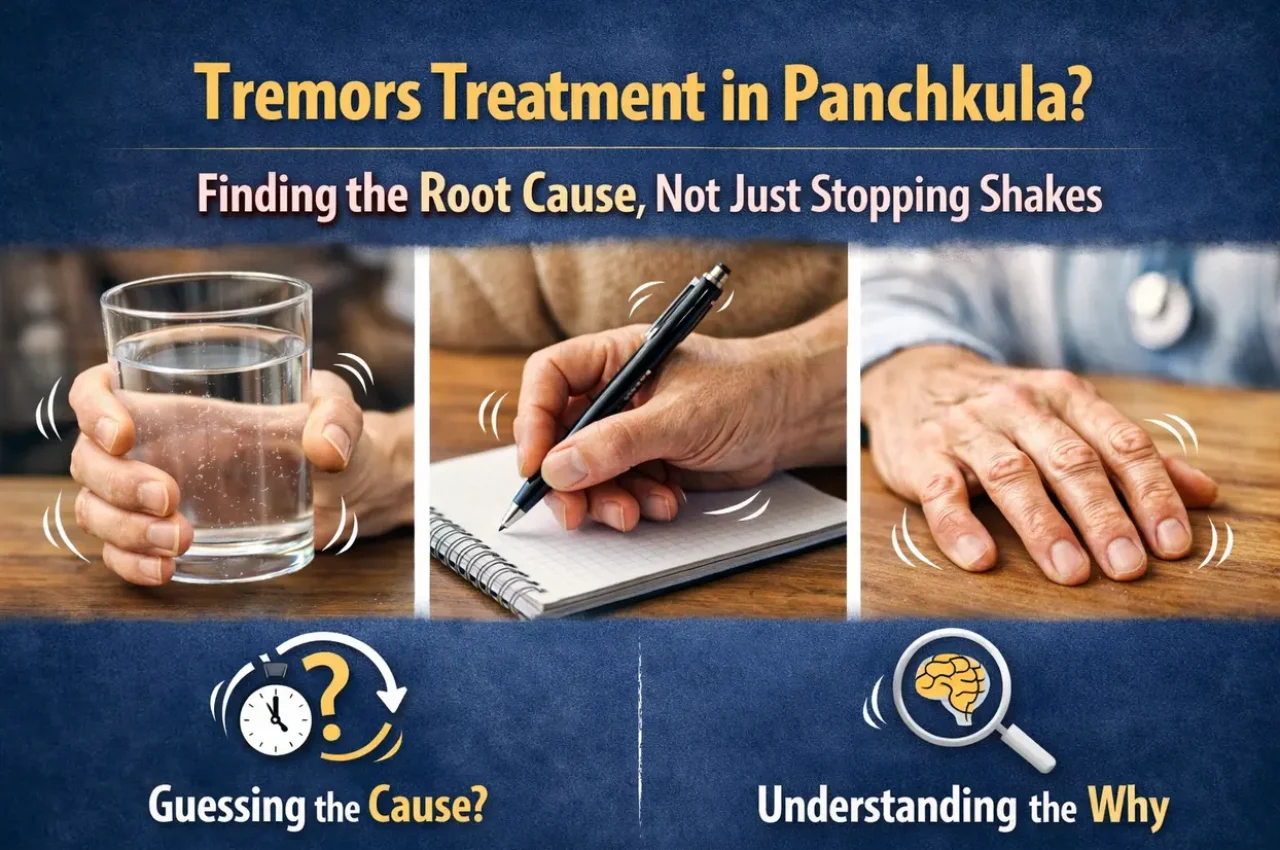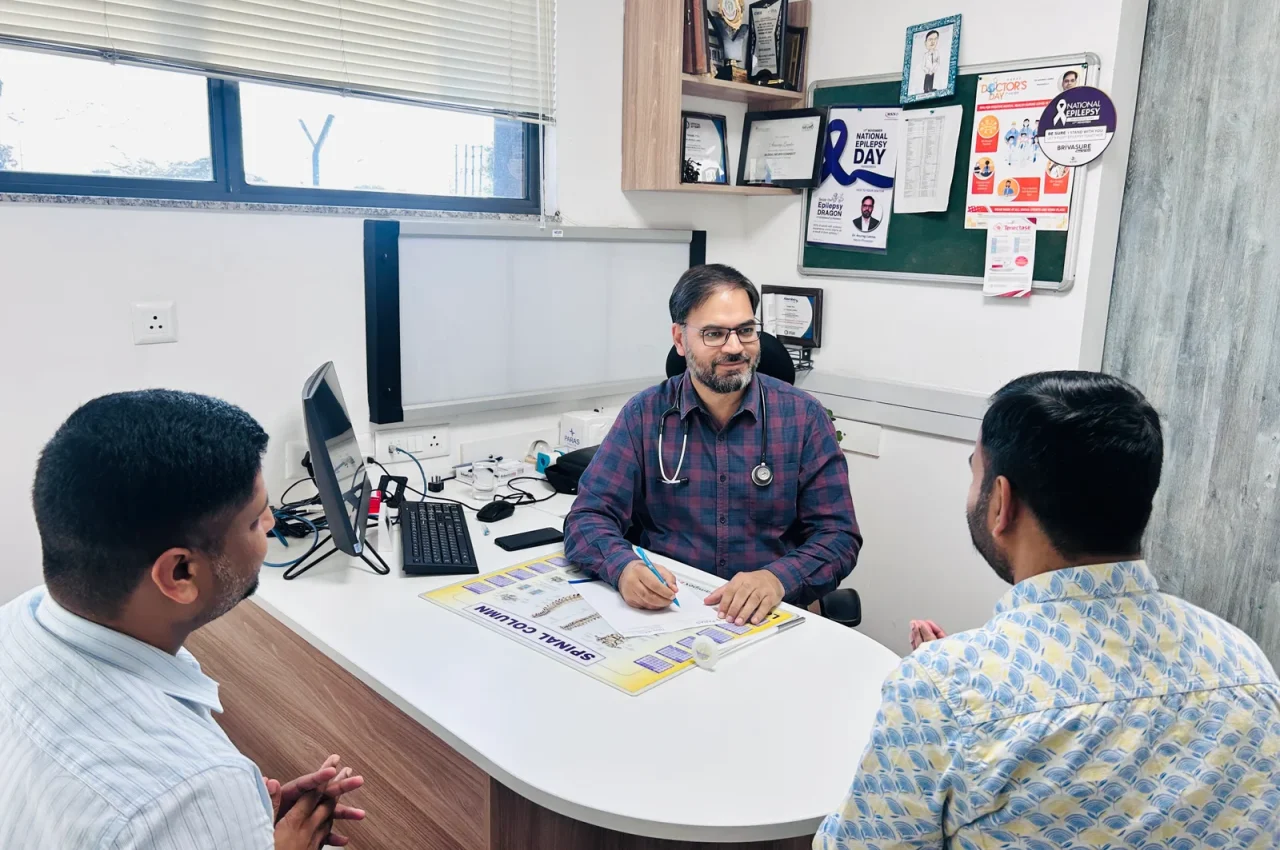“Why do my feet tingle at night? Is it just tiredness or something more serious?” For many people with diabetes, these questions come up every day. The truth is that diabetes can silently damage your nerves over time — a condition called diabetic neuropathy. Recognizing the early signs is critical to protect your long-term health.
According to the Mayo Clinic, up to 50% of people with diabetes eventually develop some form of neuropathy. In India, where diabetes is rising rapidly, this number is even more worrying. In cities like Panchkula and Chandigarh, neurologists frequently see patients who ignored early symptoms — only to land up with advanced nerve damage.
What Is Diabetic Neuropathy?
Diabetic neuropathy is nerve damage caused by long-term high blood sugar levels. High sugar harms the tiny blood vessels that supply your nerves, leading to weakness, pain, and numbness. It can affect:
- Feet and legs (most common)
- Hands and arms
- Digestive system, bladder, or heart (autonomic neuropathy)
While the condition is common, it’s not “normal.” Early detection can help you slow or even prevent progression.
Explore next: Neuropathy Explained: Causes, Symptoms, and Treatment Options in Panchkula
Early Signs of Diabetic Neuropathy You Should Not Ignore
Most patients in Panchkula visit a neurologist only after nerve damage becomes severe. But the body gives warning signals much earlier. Here are the key symptoms:
1) Tingling and Numbness in Feet
A constant “pins and needles” feeling in your feet or toes is one of the earliest signs. Many dismiss this as tiredness or bad footwear.
2) Burning Pain — Especially at Night
Sharp, shooting, or burning pain that worsens at night is a classic neuropathy symptom.
3) Loss of Sensation
Patients may not feel cuts, hot water, or small injuries. This makes diabetic foot ulcers very dangerous.
4) Weakness and Balance Problems
Frequent stumbling, poor grip, or difficulty climbing stairs can also point toward nerve weakness.
5) Autonomic Symptoms
Some people experience digestion problems, bladder issues, or dizziness — showing that internal organs are affected.
Explore next: When Tingling in Your Feet Means More Than Just Fatigue
Why Do These Symptoms Develop?
Long-term high sugar levels cause:
- Oxidative stress — damages blood vessels supplying nerves
- Inflammation — worsens nerve damage
- Reduced blood flow — nerves starve and become weak
Other risk factors include high blood pressure, high cholesterol, smoking, and vitamin deficiencies.
Explore next: Vitamin Deficiency and Nerve Pain — The Hidden Link
How a Neurologist Diagnoses Diabetic Neuropathy
Diagnosis includes:
- Neurological examination — reflexes, sensation, balance
- Nerve Conduction Studies (NCS) and Electromyography (EMG)
- Blood tests for sugar control, vitamin levels, thyroid
- Foot screening for ulcers or wounds
“Most patients wait for pain to become unbearable before seeing a neurologist. But at that stage, nerves are often permanently damaged.” — Dr. Anurag Lamba
Treatment and Management Options
While nerve damage can’t always be reversed, timely treatment can slow progression and improve quality of life.
1) Sugar Control
Keeping HbA1c in the target range is the most effective way to protect nerves.
2) Medications
Pain relievers, anticonvulsants, or antidepressants may be prescribed to reduce nerve pain.
3) Vitamin Supplements
Vitamin B12 injections are common if a deficiency is detected.
4) Physiotherapy
Improves muscle strength, balance, and reduces fall risk.
5) Lifestyle Care
- Daily foot checks for cuts or wounds
- Comfortable footwear to avoid injury
- Regular exercise and yoga for circulation
Explore next: Best Foods and Nutrients for Healthy Nerves
Why Panchkula Patients Often Delay Care
In Dr. Anurag’s practice, many patients confess they thought symptoms were “minor.” Common reasons for delay include:
- Believing numbness is due to “old age”
- Ignoring burning feet as “wrong footwear”
- Focusing only on sugar readings, not nerve health
Unfortunately, this delay often makes neuropathy permanent. Early evaluation is always better.
When to See a Neurologist in Panchkula
Book an appointment if you notice:
- Tingling or burning feet for more than 2 weeks
- Unexplained weakness, frequent stumbling
- Wounds on feet that don’t heal
- Dizziness or bladder issues with nerve symptoms
Quote: “Better to check once early than to regret late. Nerves do not grow back easily.”
Final Word
Diabetic neuropathy is common but not inevitable. With regular check-ups, strict sugar control, and timely care, you can live without its disabling effects. If you or a loved one in Panchkula has ongoing tingling, burning, or numbness, consult Dr. Anurag Lamba for expert guidance and care.
Related Neuropathy Guides
- Neuropathy Explained: Causes, Symptoms, and Treatment Options in Panchkula
- Best Foods for Nerve Health










